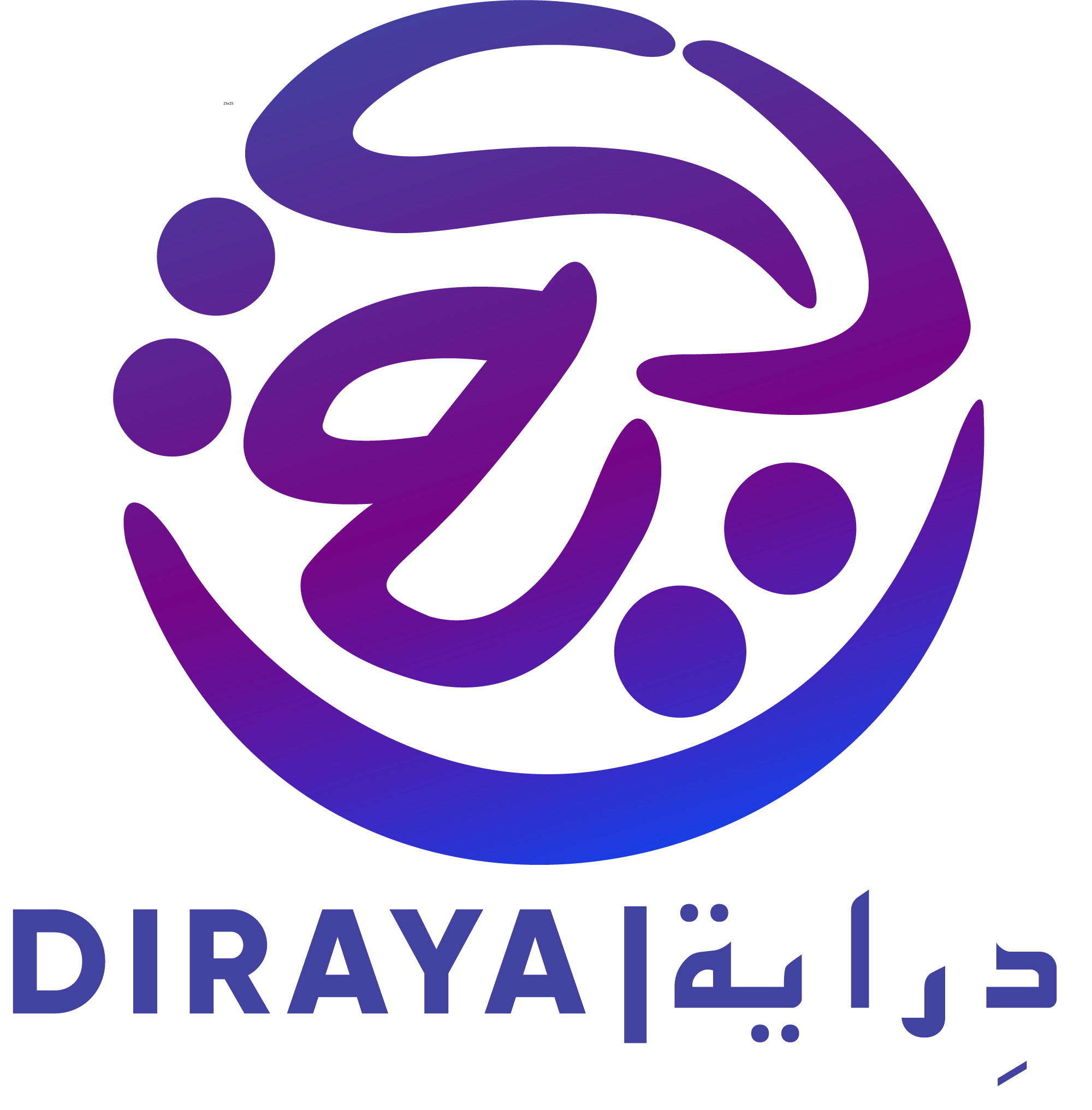To understand why Mada Masr was created, Mostafa explains how most major news media are owned and run by the state (such as Al Ahram newspaper) The rest are privately owned by Egyptian businessmen (such as Youm 7). These dominant ownership patterns affect funding and shape the rhetoric of a newspaper’s editorial orientation.
Mostafa remembers how this became evident at Al-Masry Al-Youm newspaper when the owner decided that the political turmoil of 2013 called for a change in the newspaper’s rhetoric. The owner changed the editor-in-chief and department heads for a new team that would enforce this new narrative, that’s pro-government, on the journalists, many of whom were against the change. Mostafa said the change was dictated from above because in Egypt, “Ownership forces the narrative.”
Mada Masr was launched as an online news website on June 30, 2013, following the protests against the late Former-President Mohamed Morsi and the Muslim Brotherhood that took place on January 23rd, 2013. In reaction to increasing political upheaval, Mada Masr was founded with the goal to cover the story from both sides and report all points of view. They wanted to show the reality on the ground. Mostafa argues that there is a value for the kind of independent coverage provided by Mada Masr:
“My opinion was and still is that journalism coming from the marginalized is what can be trusted.”
The website started as an English news outlet and soon after they introduced Arabic news articles. The team grew and they could publish more. Mostafa first began to work with Mada Masr in June 2014, during the Egyptian presidential elections.





 Mostafa is an Egyptian engineer who started his political activism in 2005 when he was a student in university. At first, he only shared political news about Egypt on Twitter, while working as an engineer.
Mostafa is an Egyptian engineer who started his political activism in 2005 when he was a student in university. At first, he only shared political news about Egypt on Twitter, while working as an engineer. 






